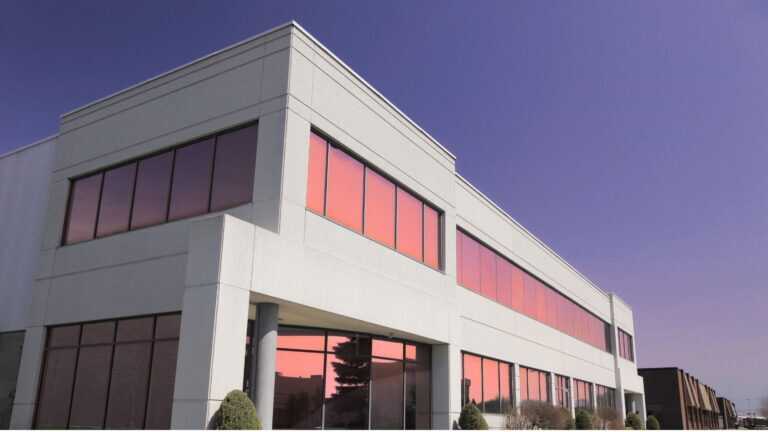Windows Server 2012 End of Life: Essential Steps
It’s that time again – Microsoft is retiring another popular server operating system near the end of 2023 – Windows Server 2012 Release 2, also known as Server 2012R2. Windows Server powers many of our clients’ servers, and end of life for Server 2012R2 means different things depending on how your infrastructure is configured and deployed.
What does all this mean to your organization? If any of your servers are running Server 2012R2, you need to prioritize purchasing a new server and deploying a newer version of Windows Sever on it. If your servers are “virtual”, you need to prioritize migrating them to a newer version of Windows Server. If you have hardware servers running Server 2012R2, we recommend evaluating migrating the applications to a cloud server.
There are several scenarios that may apply to your organization, so we’ll look at each one.
- If your “server infrastructure” is Microsoft 365 and Office 365 (SharePoint Online or Microsoft Teams) or other similar services which do not run directly on physical servers, there is no action necessary. That said, some clients utilize a hybrid infrastructure which uses hardware servers located in a facility (server closet) and then these are connected to Office 365 to provide security and user identification. In this scenario, the hardware servers may be running Server 2012R2 and should be replaced along with upgrading to a newer version of Windows Server.
- If your server infrastructure is cloud based and consists of virtual servers, you may be impacted. Some use cases here are virtual servers located in Microsoft Azure, Amazon AWS, Century Link, or other hosted provider data centers. Depending on how the environment is configured, it may require “server to server” migrations and re-configuration of software.
- If your server is located at your office and runs Server 2012R2, the hardware along with a newer version of Windows Server needs to be purchased and installed. We cannot “upgrade” install a newer version of Windows Server on older hardware.
- Some clients are using Microsoft Hyper-V or another hardware virtualization platform. These also need to be evaluated and upgraded as necessary.
- There are select circumstances where an older application requires Server 2012R2. If this is the case and the application cannot be upgraded to support a newer version of Windows Server, we’ll work with you on “sandboxing” this old server – locking it down and isolating it from the Internet to help minimize the chances of a cyber security threat getting onto this old machine.
The bottom line? It’s time to migrate away from Windows Server 2012R2. It’s been a great 10 year run, but it’s time to move on.


